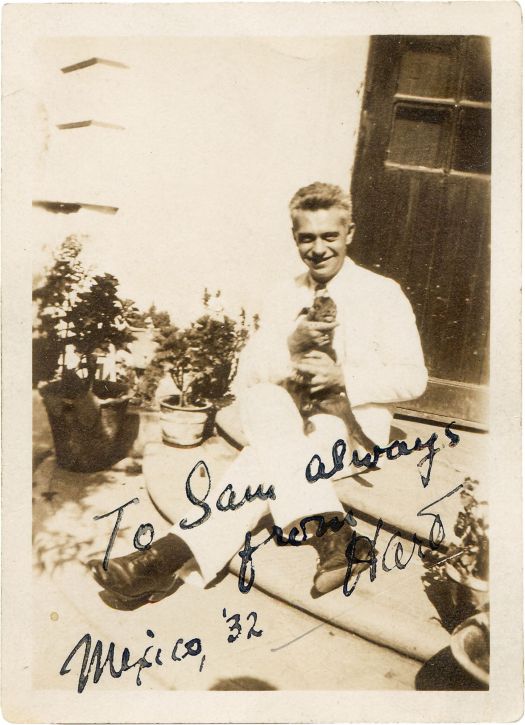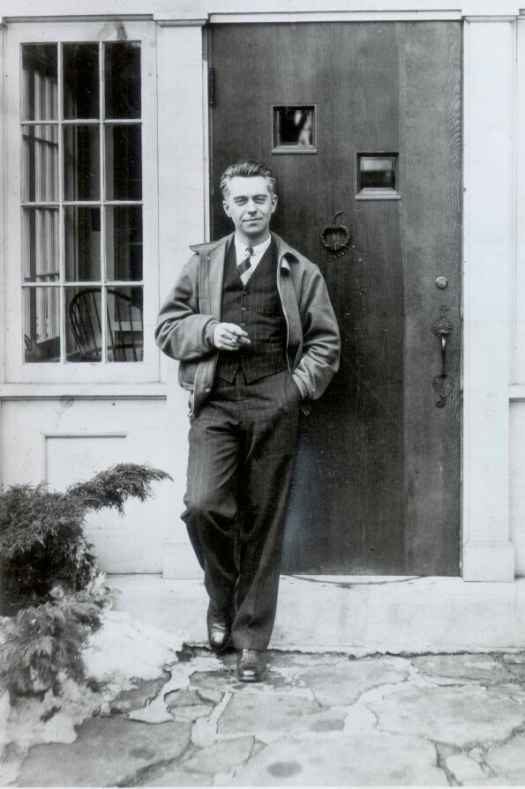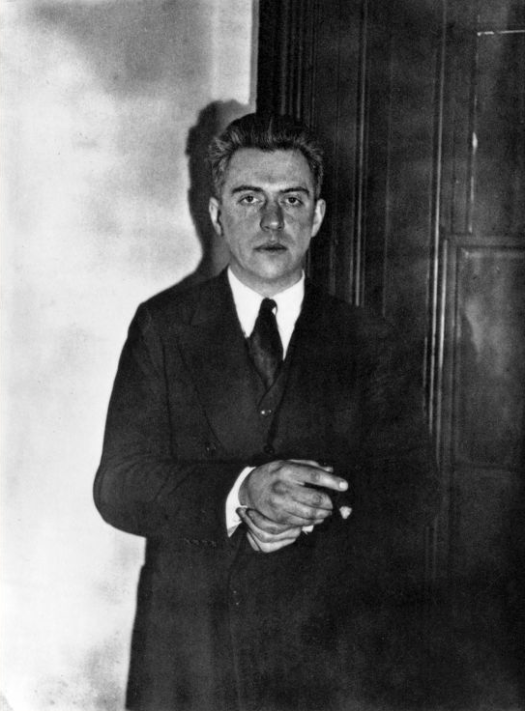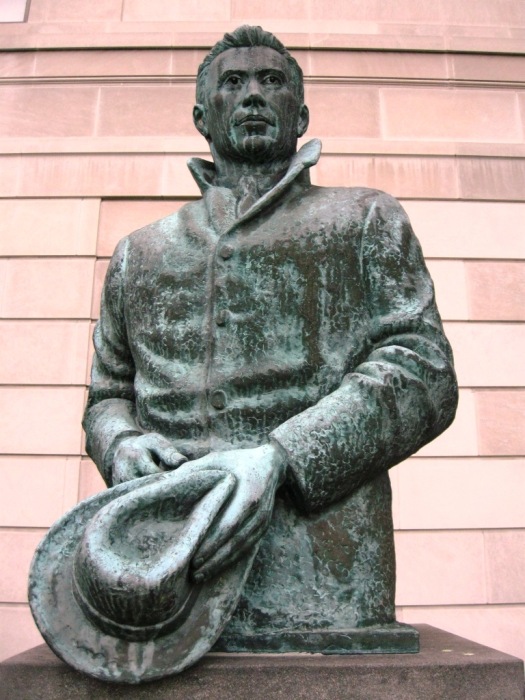American poet Hart Crane died by suicide on April 27, 1932, at the age of thirty-two. He was on a ship returning to New York from Mexico when he threw himself overboard in the Gulf of Mexico. His body was never recovered.

Crane grew up in Cleveland, Ohio, the only son of parents who fought often and who divorced when he was seventeen. Crane considered his father to be overbearing and his mother, who suffered from mental illness, as stifling and needy.
When he was 20 Crane wrote to his mother: “I don’t want to fling accusations, etc., at anybody, but I think it’s time you realized that for the last eight years my youth has been a rather bloody battleground for your’s and father’s sex life and troubles.”

Crane’s poems were often semi-autobiographical, celebrating both the joys and the horrors of his life. His final poem, “The Unbroken Tower,” circled back to his earliest years:
“And so it was I entered the broken world
To trace the visionary company of love, its voice
An instant in the wind (I know not whither hurled)
But not for long to hold each desperate choice.”

Much of Crane’s life was lived in squalor and misery in New York City and in Mexico. He was plagued by alcoholism and unstable jobs. He was gay but unlike Walt Whitman, one of his poetic inspirations, he didn’t celebrate his sexuality but was instead full of shame and guilt. His drinking and his homosexual cruising led to frequent jailings, beatings and muggings.
By contrast, Crane’s poetry is lyrical and formally disciplined. He was often considered a Romantic during a period when the modernism of T.S. Eliot and Ezra Pound was dominant.

The poet Robert Lowell called him “the Shelley of my age.” He said: “I think Crane is the great poet of that generation … Not only is it the tremendous power there, but he somehow got New York City: he was at the center of things in the way that no other poet was. All the chaos of his life missed getting sidetracked the way other poets’ did, and he was less limited than any other poet of his generation. There was a fulness of experience …”

